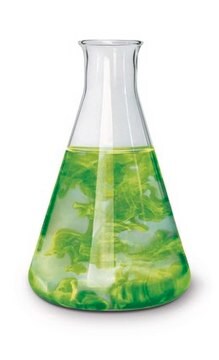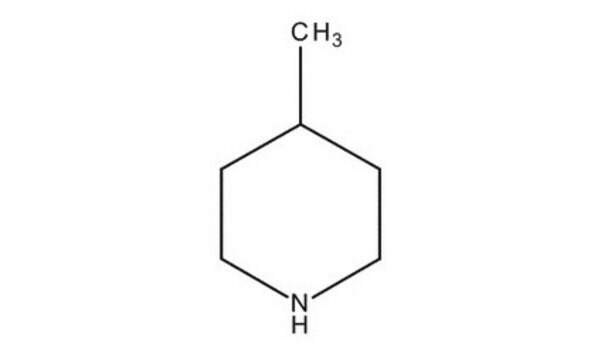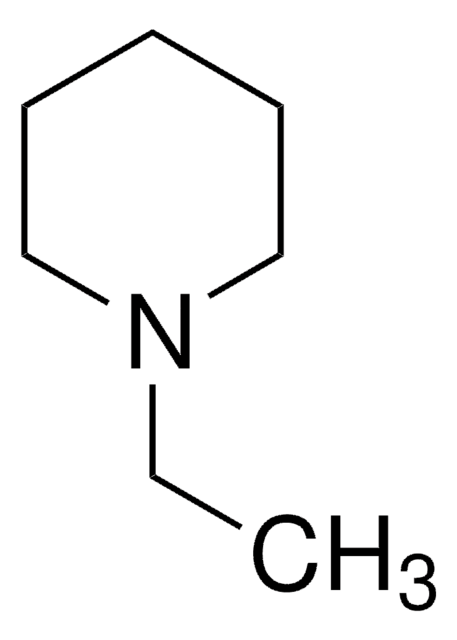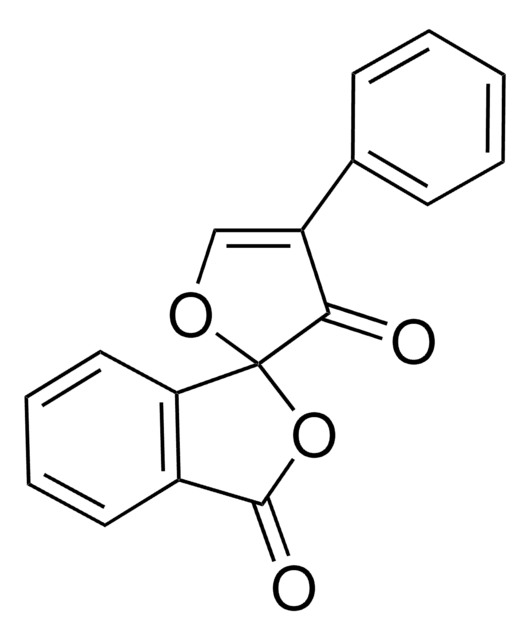30181
Fluorescein sodium salt
analytical standard
Synonym(s):
Acid Yellow 73, D&C;Yellow No. 8, NaFl, NaFluo, Sodium fluorescein, Uranine
About This Item
Recommended Products
grade
analytical standard
Quality Level
Assay
≥97.5% (HPLC)
shelf life
limited shelf life, expiry date on the label
technique(s)
HPLC: suitable
gas chromatography (GC): suitable
impurities
≤15% water
fluorescence
λex 460 nm; λem 515 nm(lit.)
format
neat
SMILES string
[Na+].[Na+].[O-]c1ccc2c(Oc3cc([O-])ccc3C24OC(=O)c5ccccc45)c1
InChI
1S/C20H12O5.2Na/c21-11-5-7-15-17(9-11)24-18-10-12(22)6-8-16(18)20(15)14-4-2-1-3-13(14)19(23)25-20;;/h1-10,21-22H;;/q;2*+1/p-2
InChI key
RGPLGPBQJOQFJS-UHFFFAOYSA-L
Looking for similar products? Visit Product Comparison Guide
General description
Application
It may also be used as an analytical reference standard for the quantification of the analyte in the following:
- Soil samples using high-performance liquid chromatography (HPLC).
- Coffee samples using high-performance liquid chromatography (HPLC) and capillary electrophoresis (CZE).
Analysis Note
Storage Class Code
11 - Combustible Solids
WGK
WGK 1
Flash Point(F)
423.7 °F - Pensky-Martens closed cup
Flash Point(C)
217.6 °C - Pensky-Martens closed cup
Choose from one of the most recent versions:
Certificates of Analysis (COA)
Don't see the Right Version?
If you require a particular version, you can look up a specific certificate by the Lot or Batch number.
Already Own This Product?
Find documentation for the products that you have recently purchased in the Document Library.
Our team of scientists has experience in all areas of research including Life Science, Material Science, Chemical Synthesis, Chromatography, Analytical and many others.
Contact Technical Service








